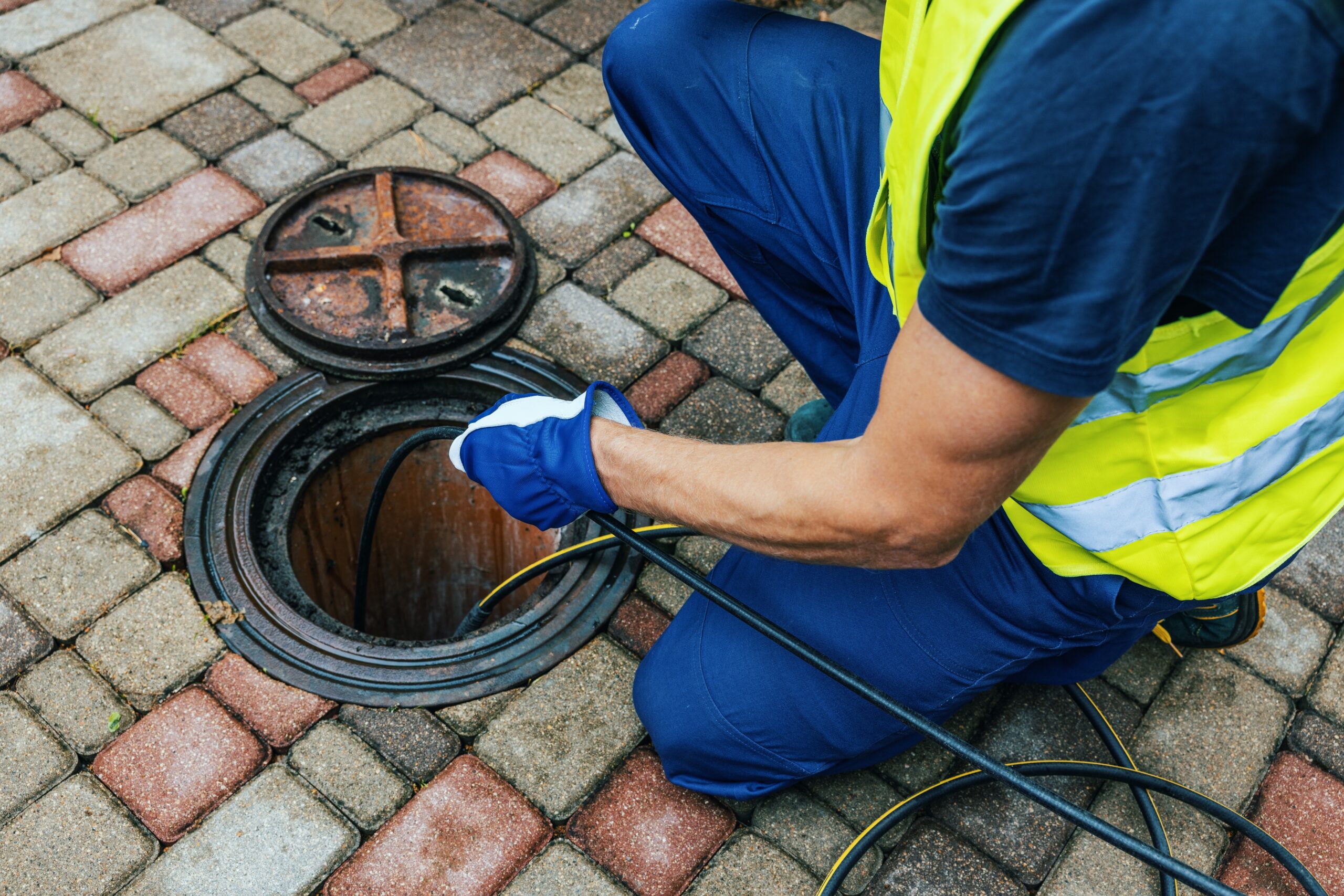
Blocked drains are a common household issue that can lead to a myriad of problems if left untreated. Obstructions in drains can occur in various parts of a plumbing system, such as sinks, toilets, showers and even main sewer lines. Understanding the causes, signs and preventative measures can help mitigate the inconvenience and potential damage associated with blocked drains.
What can cause a blocked drain?
Blocked drains can be caused by a number of things. The primary culprits are often everyday items and substances that find their way into the plumbing system. In kitchen sinks, substances such as grease and food particles are notorious for accumulating over time, forming stubborn clogs. In bathroom drains, there can be buildup made up of hair, soap scum, and other hygiene products that cause obstructions. Outside of the house, leaves, roots, and debris can infiltrate sewer lines, causing blockages that affect the entire plumbing system.
Addressing the issue before blockages escalate
Recognising the signs of a blocked drain is crucial to addressing the issue before it escalates. Slow drainage is usually the most common early indicator, as water takes longer to empty from sinks, showers or baths. Another common indicator is unpleasant odours coming from the drain, which is caused by stagnant water and trapped debris. Other early signs include gurgling noises, water backing up in sinks or toilets, and visible water pooling around drains which are red flags that should not be ignored.
Preventative measures
To avoid any chance of blocked drains, preventive measures play a crucial role in avoiding blocked drains. Proper disposal of kitchen waste, including the use of sink strainers to catch the food and excess debris, can significantly reduce the risk of blockages. Regularly cleaning bathroom drains by removing hair and soap scum is also essential. By investing in hair catchers to go over plugholes, the risk of showers and baths being clogged can be reduced significantly. Outdoor drains should be covered from leaves and debris, and tree roots near sewer lines should be monitored and trimmed if necessary. One main thing to avoid is flushing of non-biodegradable items such as wipes, sanitary products and nappies, as these can cause blockages in main sewer lines.
Seeking professional help
Often, small blockages can be cleared through DIY solutions such as chemical drain cleaner or through a plunger. For more stubborn blockages, or those occurring in the main sewer line, professional assistance will be necessary to avoid any further damage or blockages being stuck further down the system. Drain engineers use specialised tools to clear blockages effectively.
Contact DASA today
If you are experiencing blocked drains, and are in need of a drainage specialist, contact one of our specialists here at DASA. DASA engineers can be with you within 24 hours, meaning that you can be on your way to fixing the problem as soon as possible. By getting a professional to unblock your drains, you may be able to save yourself unnecessary expenses in the future.
Contact us today on 0800 142 2783 or fill in our online form here.